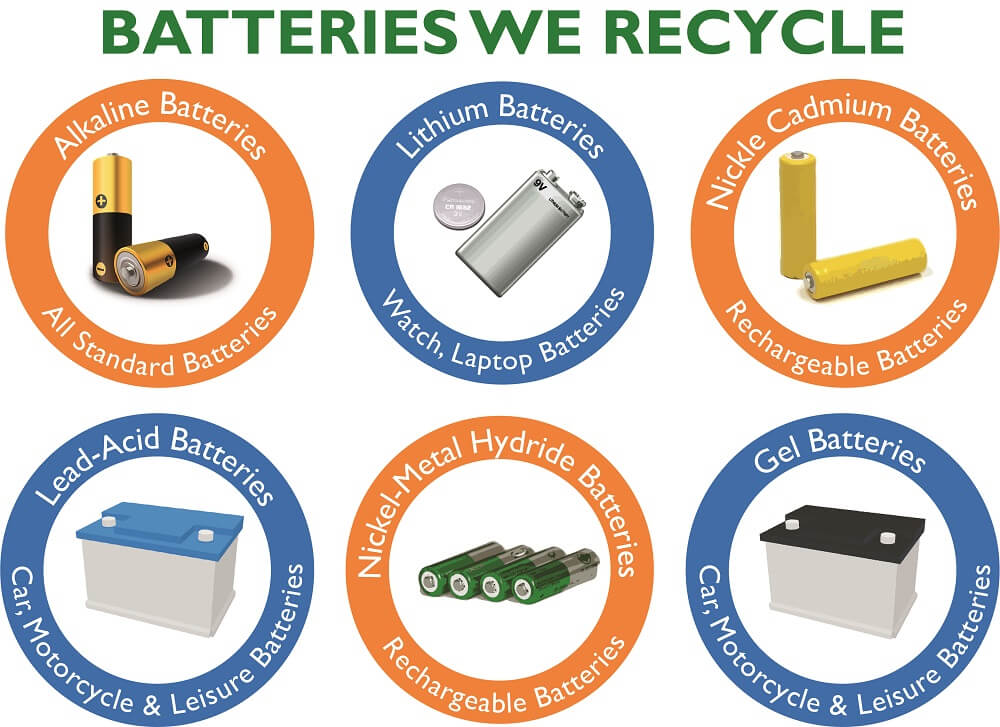Almost every single electronic device has a battery. Have you ever wondered how many batteries are used each year? On average, a home has about 80 to 100 batteries in it, among toys, remotes, phones, power tools, etc. It is astonishing how many batteries are used in a single home. Imagine how many of them are used only in your city.
At the end of its useful life, batteries became e-waste, just like your old computer or phone. Getting rid of batteries could be a little bit difficult than when it comes to recycling your old iPhone because it will be impossible to call an ITAD company and try to dispose of 10 AA batteries.
Where can I recycle my old batteries?
ITAD companies do not buy batteries, but at their offices, you can find recycling bins designed only for batteries. Electronic retailers like Radio Shack or Staples also accept batteries for recycling.
How does the battery recycling process work?
- Drop-off: You drop off your old batteries in the recycling bin.
- Sorting: The batteries are sent to sorting facilities across the country.
- Separation: Workers or robots will separate the batteries depending on their composition, such as lithium, alkaline, etc.
- Processing: once classified, they are sent to different processing centers, depending on the batteries' components.
- Extraction: metals are extracted from the battery, then a furnace heats the metals, and later it is dripped into molds.
- Market: Metals are ready to be reused.
Which are the benefits of recycling batteries?
- Toxic materials into the batteries will not end up in landfills or rivers.
- Less risk of fire or explosion.
- New batteries will be less expensive.
- Recover non-renewable materials.
- Ninety percent of all batteries are recycled.
- Batteries are easy to recycle.
Remember: Never throw your old batteries into the trash because they are composed of toxic materials that eventually pollute the water, air, and land. The best option would be to have this disposed of.

